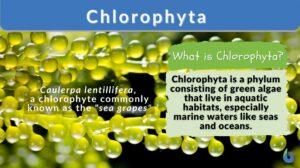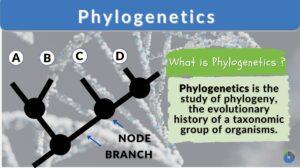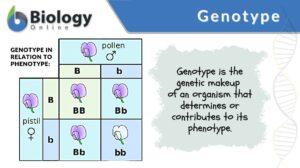Search Results for: b-cell_lineage
Cell differentiation
Cells are often described as the building blocks of life as they are the smallest unit used to build up organisms. Cells can... Read More
Common lymphoid progenitor cell
Definition noun The progenitor cell in the lymphoid lineage capable of differentiating into lymphocyte and lymphoid... Read More
Mitochondrion
Mitochondrion Definition What are mitochondria? The term “mitochondrion” comes from the two words of the Greek... Read More
Mitochondrial DNA not just from moms but also from dads?
If one wants to trace down lineage, that person could turn to the cell's powerhouse, the mitochondrion. This organelle... Read More
Y chromosome
Y chromosome Definition The Y chromosome constitutes one member of the pair of sex chromosomes within an organism, a common... Read More
Totipotent
Totipotent Definition What is totipotent? In general terms, totipotency is defined as the ability of a single cell to... Read More
Plasmablast
Definition noun, plural: plasmablasts An antibody-producing stem cell that could give rise to another of its kind or... Read More
Deoxyribonucleic acid
Deoxyribonucleic Acid (DNA) Definition A nucleic acid refers to any of the group of complex compounds made up of linear... Read More
Memory T cell
Definition noun, plural: memory T cells A long-lived T cell that bears receptors for an antigen during its encounter with a... Read More
Granulocyte
Definition noun, plural: granulocytes A leukocyte characterized by the presence of numerous staining granules in the... Read More
Granulopoiesis
Definition noun The hematopoiesis of granulocytes Supplement Hematopoiesis is the process of forming new blood cellular... Read More
Charophyta
Charophyta is a taxonomic group (a phylum) comprised of green algae that live predominantly in freshwater habitats. Members... Read More
Progenitor cell
progenitor cell (Science: cell biology) In development a parent cell that gives rise to a distinct cell lineage by a series... Read More
Chlorophyta
Chlorophyta Definition Chlorophyta is a taxonomic group (a phylum) comprised of green algae that live in marine habitats.... Read More
Phylogenetics
Phylogenetics Definition Phylogenetics is the scientific study of phylogeny. It studies evolutionary relationships among... Read More
Theory of Neuroscience
Nezih OKTAR Journal of Neurological Sciences (Turkish) 2006, Volume 23, Number 3, Page(s) 155-158. An Open Access... Read More













